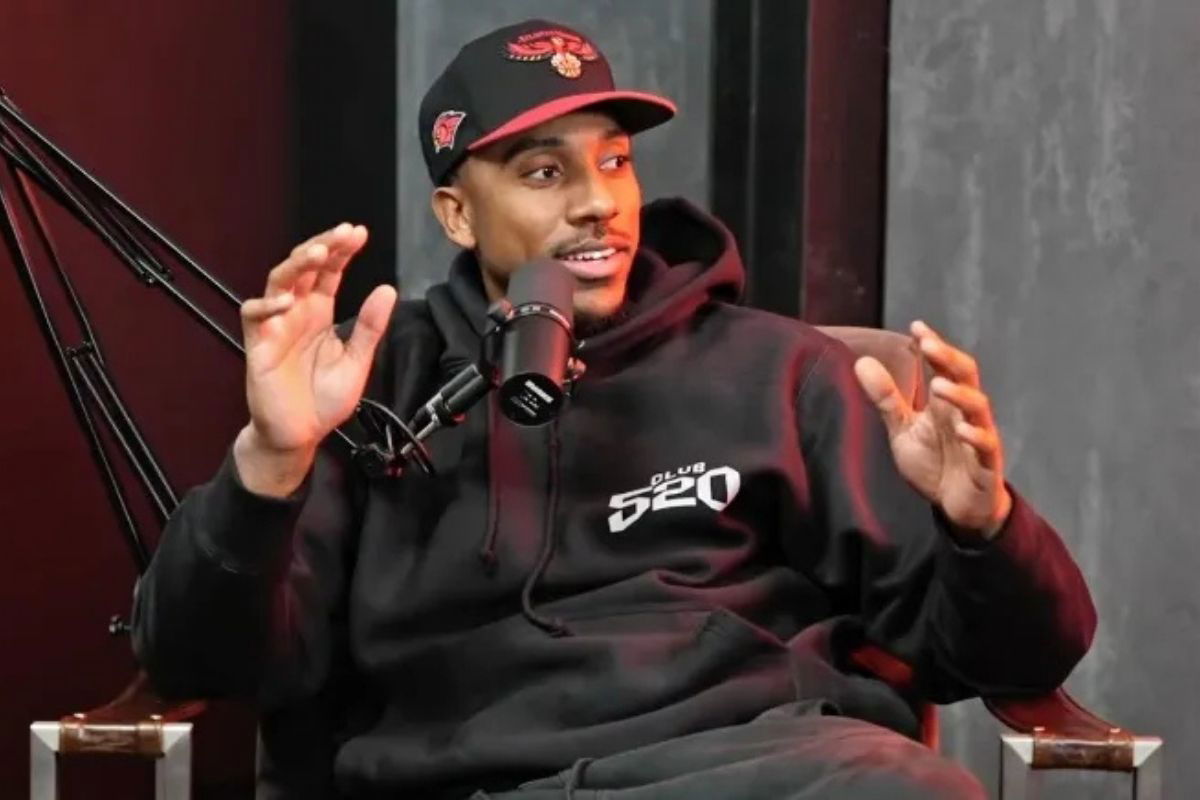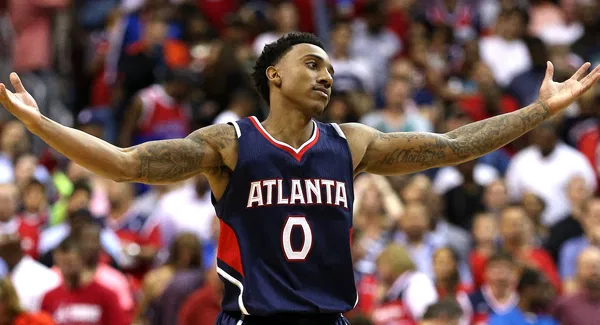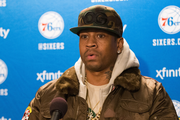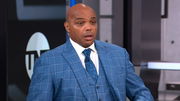

Jeff Teague’s favorite basketball season wasn’t in Atlanta or Minnesota. The 2016-17 Indianapolis campaign represented everything the Indiana Pacers native wanted – starting all 82 games alongside Paul George, career-high 17 assists, and playoff basketball at home. The veteran guard believed he’d found his permanent basketball home, even starting house renovations. Armed with Bird rights (the Pacers could exceed the soft cap to re-sign him), Teague prepared for free agency, confident he was Indiana’s only realistic re-signing candidate.
Watch What’s Trending Now!
Contract discussions with Kevin Pritchard painted mutual interest during that memorable season. “I was the only player they could pay because of the rules,” Teague revealed on the Club 520 podcast. That confidence was bolstered by comparisons to peers like Jrue Holiday, who in July 2017 secured a five-year, $126 million contract (with possible $150 million incentives) from New Orleans. Armed with similar leverage, Teague anticipated a $20 million annual payday
But everything shifted on June 29, 2017, during Indiana’s season-ending exit. At a charity baseball game in Indianapolis, hosted by Pacers owner Herb Simon, Paul George addressed the crowd: “I love this city. I’m a Pacer for life”. Teague, who had sat courtside seeking reassurance, felt elated. Within 48 hours, George stunned the franchise by demanding a trade to the Lakers, citing Philadelphia as a fourth-team option. “I didn’t talk to him for two weeks. I was so confused,” Teague admitted.
ADVERTISEMENT
As Teague’s house renovations were underway, Pacers GM Kevin Pritchard delivered the coup de grce: “You cannot be the highest-paid player on this team now,” Pritchard told him. Without George’s Bird rights departure—but now with Lance Stephenson, Myles Turner, and Victor Oladipo’s cap holds—Indiana simply couldn’t meet Teague’s expected salary. In a week, Teague went from “found my forever home” to unemployed free agent.

Getty
WASHINGTON, DC – MAY 11: Jeff Teague #0 of the Atlanta Hawks celebrates after hitting a shot against the Washington Wizards during the second half in Game Four of the Eastern Conference Semifinals of the 2015 NBA Playoffs at Verizon Center on May 11, 2015 in Washington, DC. The Atlanta Hawks won, 106-101. NOTE TO USER: User expressly acknowledges and agrees that, by downloading and or using this photograph, User is consenting to the terms and conditions of the Getty Images License Agreement. (Photo by Patrick Smith/Getty Images)
Indiana closed that season 42–40, earned the 7th seed, and was swiftly swept by Cleveland in the first round. George’s departure triggered a Pacers rebuild, sending Teague to Minnesota on July 10, 2017, in exchange for Thaddeus Young. Though his Pacers tenure lasted just one season, Teague’s 2016–17 campaign remains a highlight—one where he started all 82 games, posted career bests, and truly believed he’d come home … only to have his dreams upended overnight.
ADVERTISEMENT
The aftermath that proved Jeff Teague right
Jeff Teague signed with Minnesota on July 10, 2017 – three years, $57 million. “I was genuinely hurt,” he confessed during the Club 520 podcast. The $19 million annual average proved his exact market value while highlighting Indiana’s puzzling financial stance. He got exactly what he wanted elsewhere while watching his former team transform without him.
ADVERTISEMENT
The 2017-18 Pacers season validated every suspicion Teague harbored about the rushed decision-making. Indiana improved by six games to 48-34 despite losing their franchise player and starting point guard. Victor Oladipo won the MVP while making his first All-Star team. Domantas Sabonis exceeded expectations, leading in rebounding. The fast-paced, ball-movement style aligned perfectly with Teague’s veteran skillset and basketball IQ.
In a private conversation months later, Pacers President of Basketball Operations Kevin Pritchard acknowledged what Teague already believed. “I didn’t know it was going to play like this,” Pritchard told Teague. “You would have been perfect for this team”. This honest assessment confirmed Teague’s suspicions about hasty evaluation processes. The franchise had misjudged both the timeline and the veteran’s potential fit with their retooled roster.
Top Stories
Allen Iverson Under Fire After NBA Champion Accuses 76ers Legend of Misconduct

“Rest in Peace”: Charles Barkley Sends Prayers to NBA Legend Who’s Still Alive

Celtics Legend Paul Pierce Faces Paternity Lawsuit After Ignoring Woman’s Plea

Nuggets to Cut Ties With $2,200,000 Star Amid Nikola Jokic’s Latest Injury Update

Jordan Ott Shares Jalen Green Injury Update as Suns Lose Another 26YO Star

Teague’s willingness to accept hometown discounts made the rejection feel particularly personal rather than business-driven. Unlike other Indiana natives who flee for bigger markets, he embraced building something special in Indianapolis. His 82-game durability and career-high assist numbers proved a commitment to team success over individual statistics.
ADVERTISEMENT
Recently, on the Club 520 podcast, Teague opened up about the chapter that fundamentally changed his hometown relationship. “That’s why I don’t root for the home team,” he explained, admitting the rejection altered his perspective on the organization. Despite maintaining measured respect for Pritchard’s direct honesty, the emotional impact lingers. “Shout out to KP. I forgive you now,” Teague said, demonstrating how understanding business decisions doesn’t eliminate their toll.
ADVERTISEMENT
ADVERTISEMENT
ADVERTISEMENT